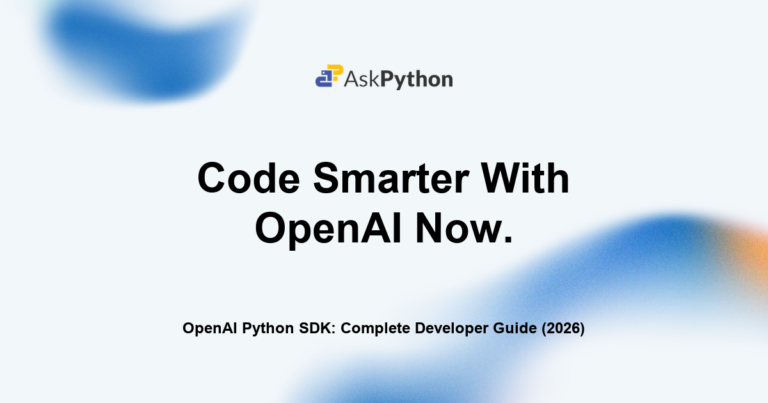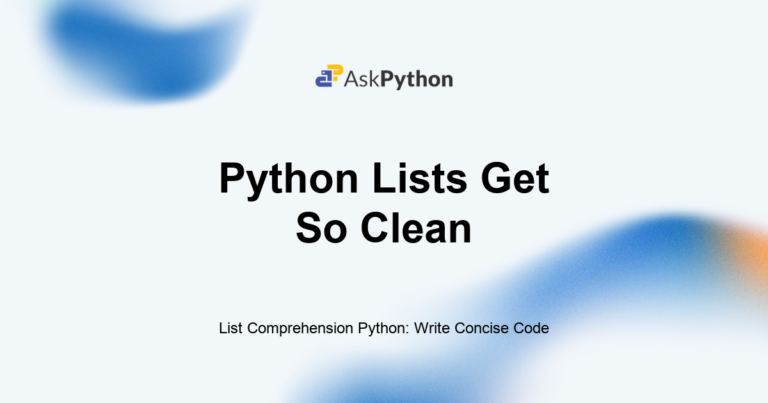Are you thinking of learning Python? Would you love to know if the hundreds of hours to be invested weekly is worth your time? Just how many job opportunities require the use of Python? Are they as lucrative as people claim? Would I have to use Python alone to become a top-rated programmer? All of these questions involving the career options associated with the use of the programming platform will be discussed shortly. Let’s get to it!

1. Python Developer
Being a Python developer is one of the top career choices for anyone investing those long hours practicing the programming language. Since the value of technology integration went up a few years ago, the position of a Python developer is almost inevitable in organizations. Companies have jobs readily available for Python developers to keep their front-end and back-end development up to date.
Python programming gets you a job responsible for optimizing data algorithms – and mostly creating back-and-front-end features from scratch. Python developers have the skills to solve major data analytics problems and manage data security in general. With outstanding programming skills using Python, you can head a team of front-end developers. Being solely responsible for guaranteeing high-performance and increased responsiveness.
2. Software Engineer
As a seasoned Python developer, you could also extend your scope of operations to get more opportunities in software engineering. Of course, you’d need to be more versatile in using other operating systems and programming languages. However, the extended knowledge pays off when you have to supervise projects by testing and debugging codes. You need to understand Python scripts to locate and fix the bugs in codes.
“An extensive knowledge in Python makes navigating through other programming languages stress-free for software engineers,” – John Smith, a lead data science writer at papersowl.com explained. The job also makes you responsible for the code documentation, which requires that you keep track of the details of the project. Other languages like C++ and Java would be a plus as you need them to compile, monitor, and fix data.
3. Data Scientist

Mostly, data scientists work on the analytics of structured and unstructured data. Today, however, being knowledgeable in statistics, computer science, and mathematics help to contribute to a high-valued profile. Data scientists have jobs in organizations that demand data extraction, analysis, and processing to design structured models to achieve actionable plans. They also help in curating the data for machine learning programs.
A Python job in data science requires a proper understanding of data management for accurate use of Python’s extensive features. In the last decade alone, the demand for data scientists has increased beyond a reasonable doubt. Being a professional at using Python today could rank you as part of the highest-paid data scientists in the world. It’s not too late to learn Python and get a median salary of $130,000 after college.
4. Data Analyst
Everything to read, watch, and listen to on the internet is based on data. Whether you create or consume information at any scale on the internet, the data is collated and stored seamlessly. A data expert works on data collation over the internet to decode the pattern and meaning. This information is then used to the advantage of the companies in creating more user-friendly content of services.
Python offers great analytical and reporting features that make data analysis possible with little effort. The programming platform easily locates data patterns, trends, and search spikes on the internet and gives a clear report of the information. They work across all industries, including finance, banking, healthcare, automobile, retail stores, and others. Your analytical skills as a Python developer make your services wanted in various jobs.
5. Machine Learning Engineer
Another high-demand Python job description in today’s tech world is feeding data into the machines. We now have machines learn and apply this knowledge to create seemingly impossible achievements with proven results. Machine thrives on statistics, mostly compiled, and fed to the system by a Python programmer. Leading websites like Facebook, Netflix, and Amazon operate using machine learning.
All IoT (Internet of Things) products use artificial intelligence to provide the phenomenal results we see today. Artificial intelligence is an aspect of Machine learning that allows the system to collate user-eccentric data for a better user experience. Python’s analytical features in data automation make the programming platform the perfect tool for incorporating data into machines. It’s ideally one of the most effective tools for implementing data science.
Conclusion
There are other job opportunities like being a product manager, educator, or financial advisor to utilize your Python libraries’ arsenal. Python as a programming platform isn’t meant for computer programmers alone. There’s a spike in demand for Python courses by sales personnel, financial analysts, and digital marketing professionals today. These fields require the analytical features and results from using Python.
Thankfully, you don’t have to go through tertiary institutions like Columbia University to be a proficient Python user. There are high-quality online Python boot camps and courses to get the best tutoring and mentoring tips to get started. Python programming has many career opportunities available for professionals ready to make the world a better place. You can start to practice to make a significant impact even while in college. Start NOW!


